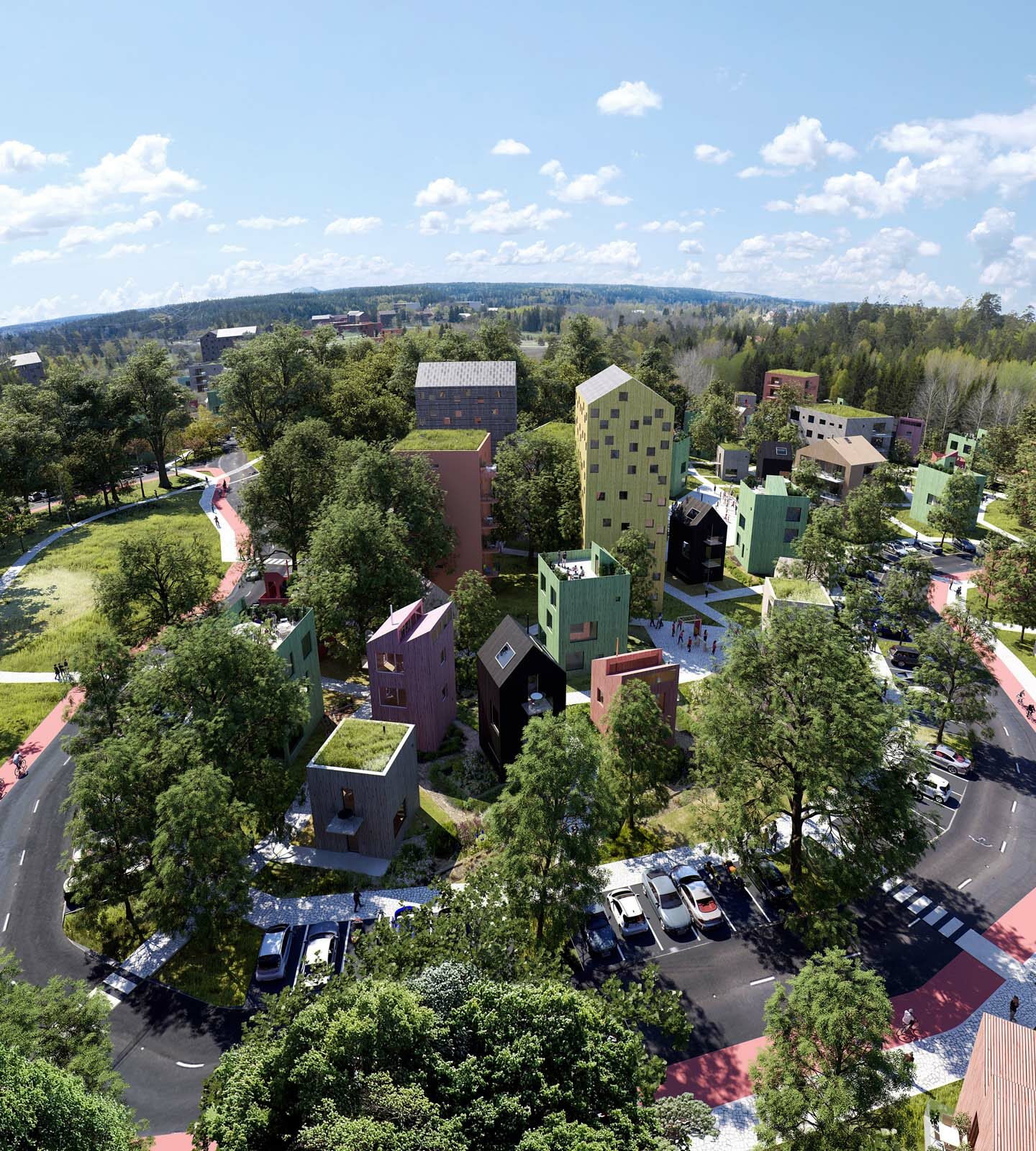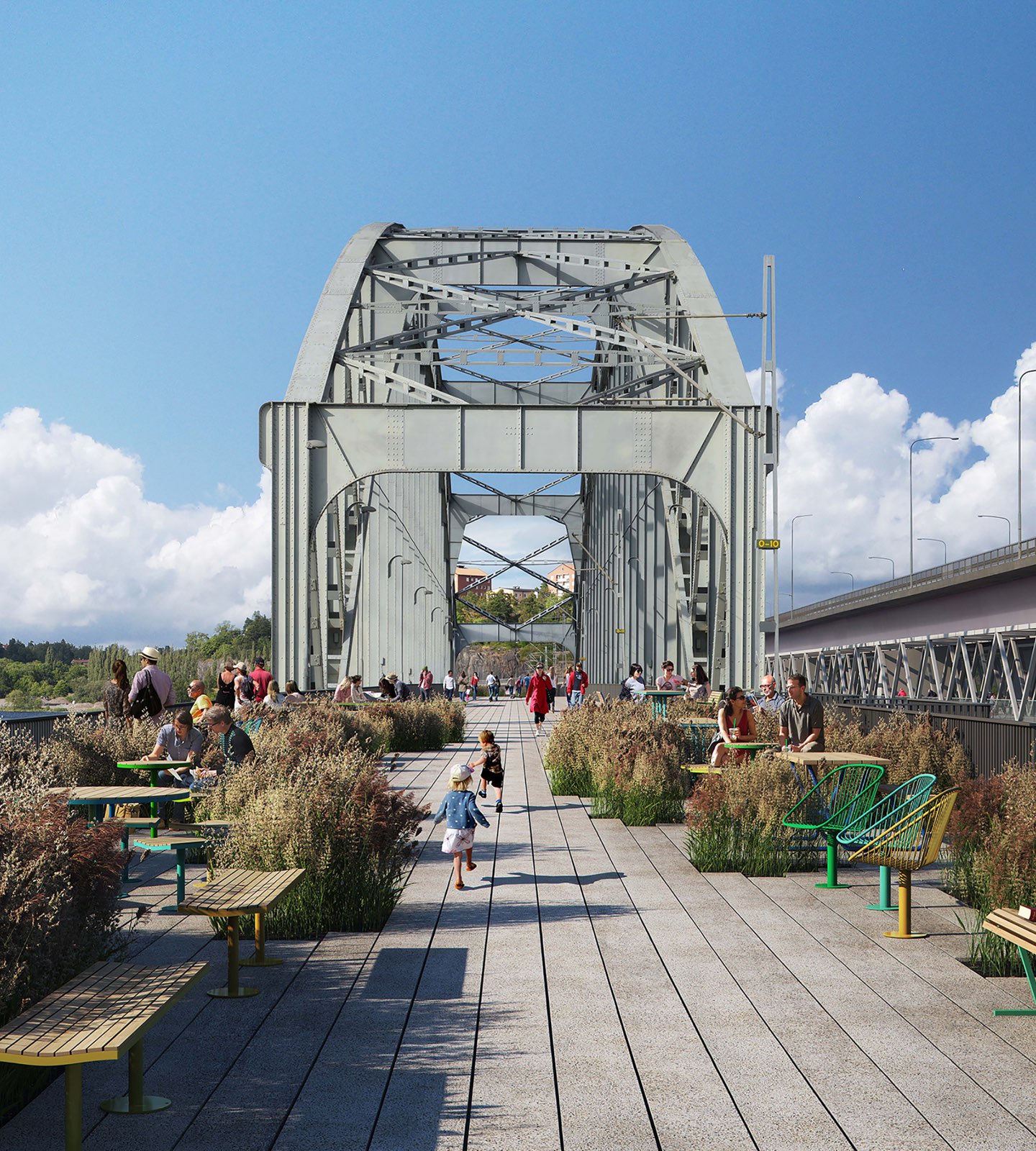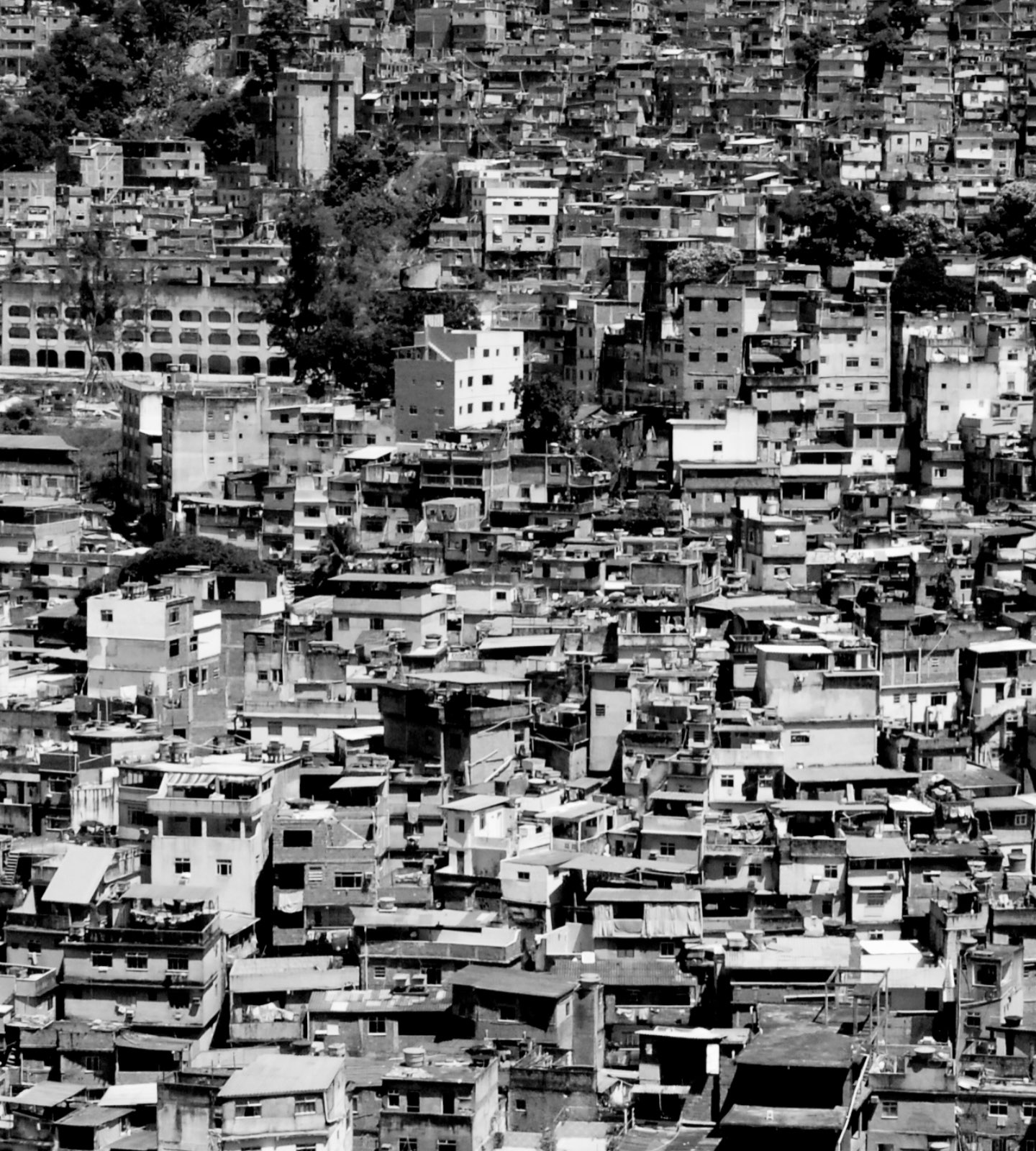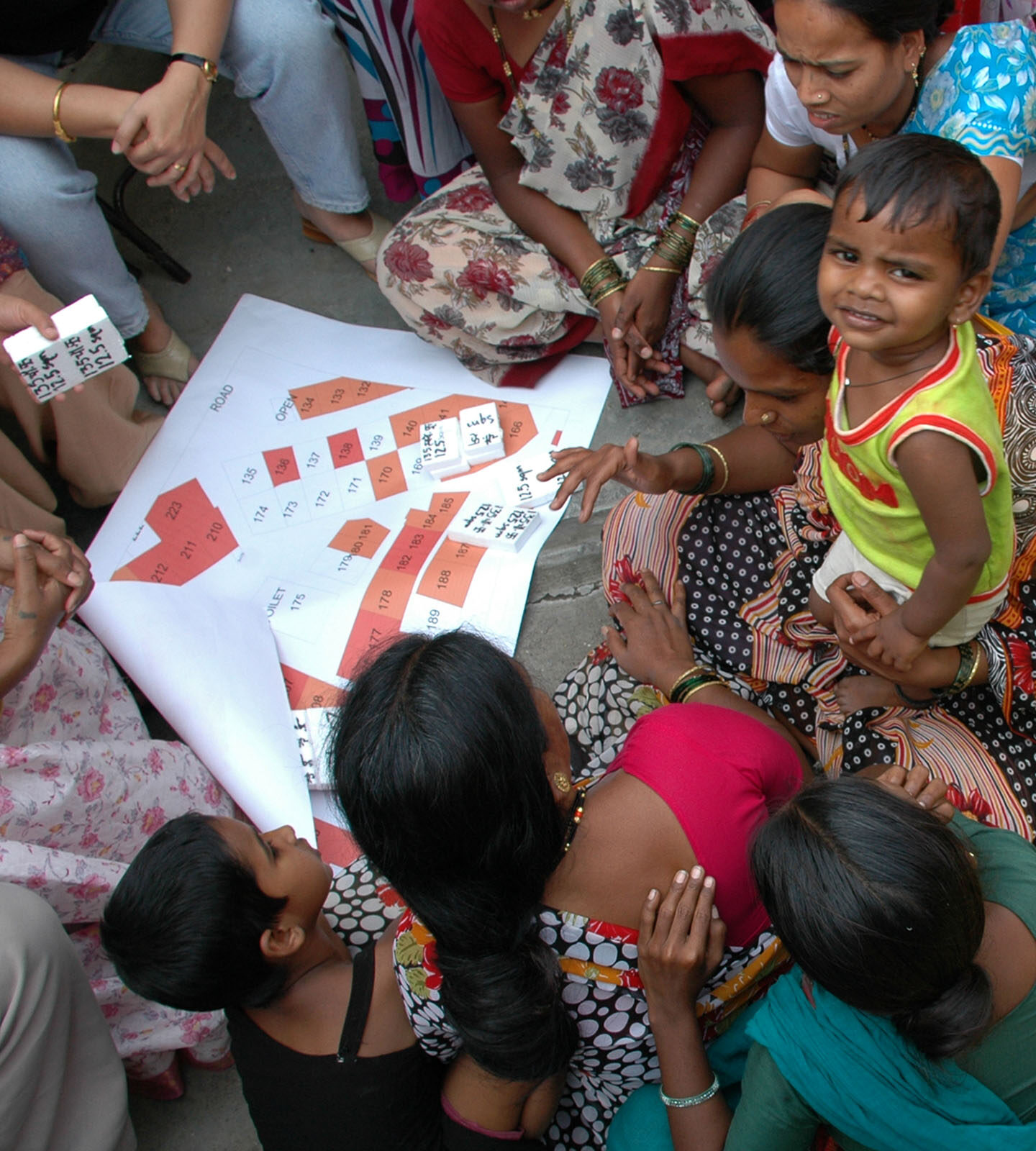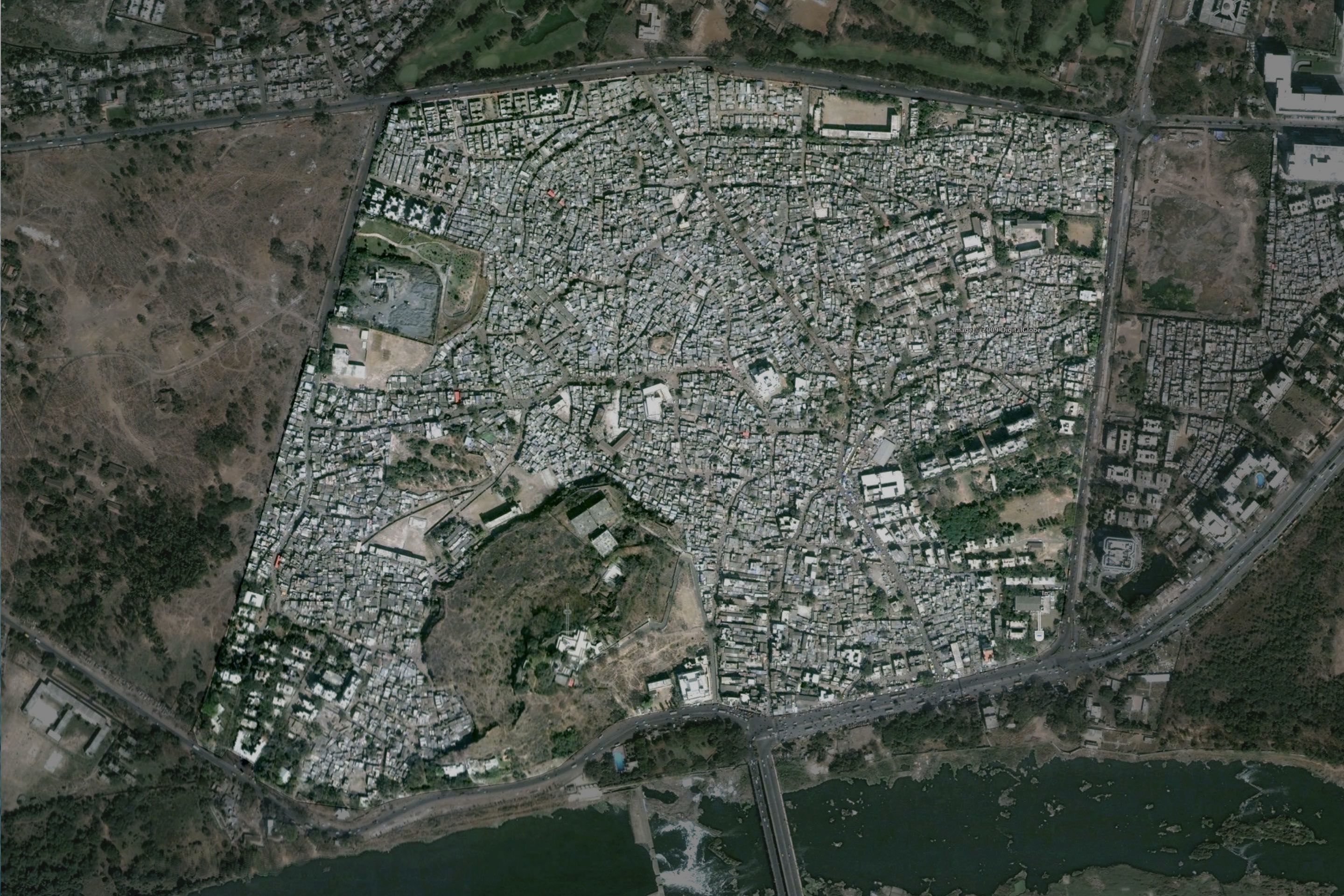
Incremental Housing Strategy
In 2008, we were invited by Jockin Arputham, the president of the Slum Dwellers International to come to India and develop housing solutions for the urban poor. The pilot project was in Yerawada, Pune.
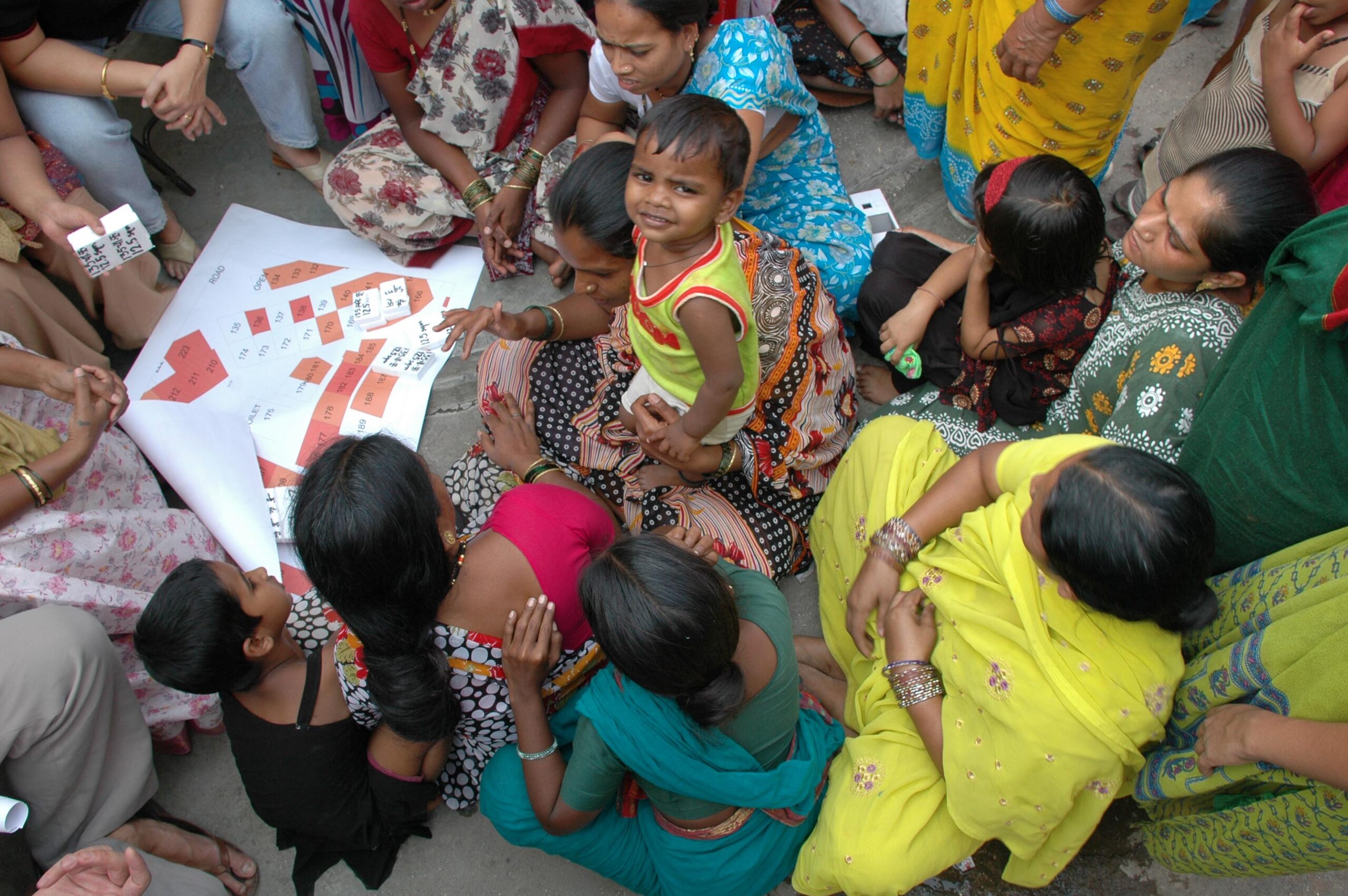
For 7 months we spent every day on site in Yerawada, eating with people, drinking chai with them and finding out about their lives. We discovered that although Yerawada is very poor, it also has a rich sense of community and local people didn’t want to move to a social housing block and didn’t want to lose their homes.
Our solution was to create a strategy of incremental improvement, focusing on those dwellings that were most in need. Instead of demolishing and rebuilding, we wanted to allow districts to improve organically without uprooting communities.
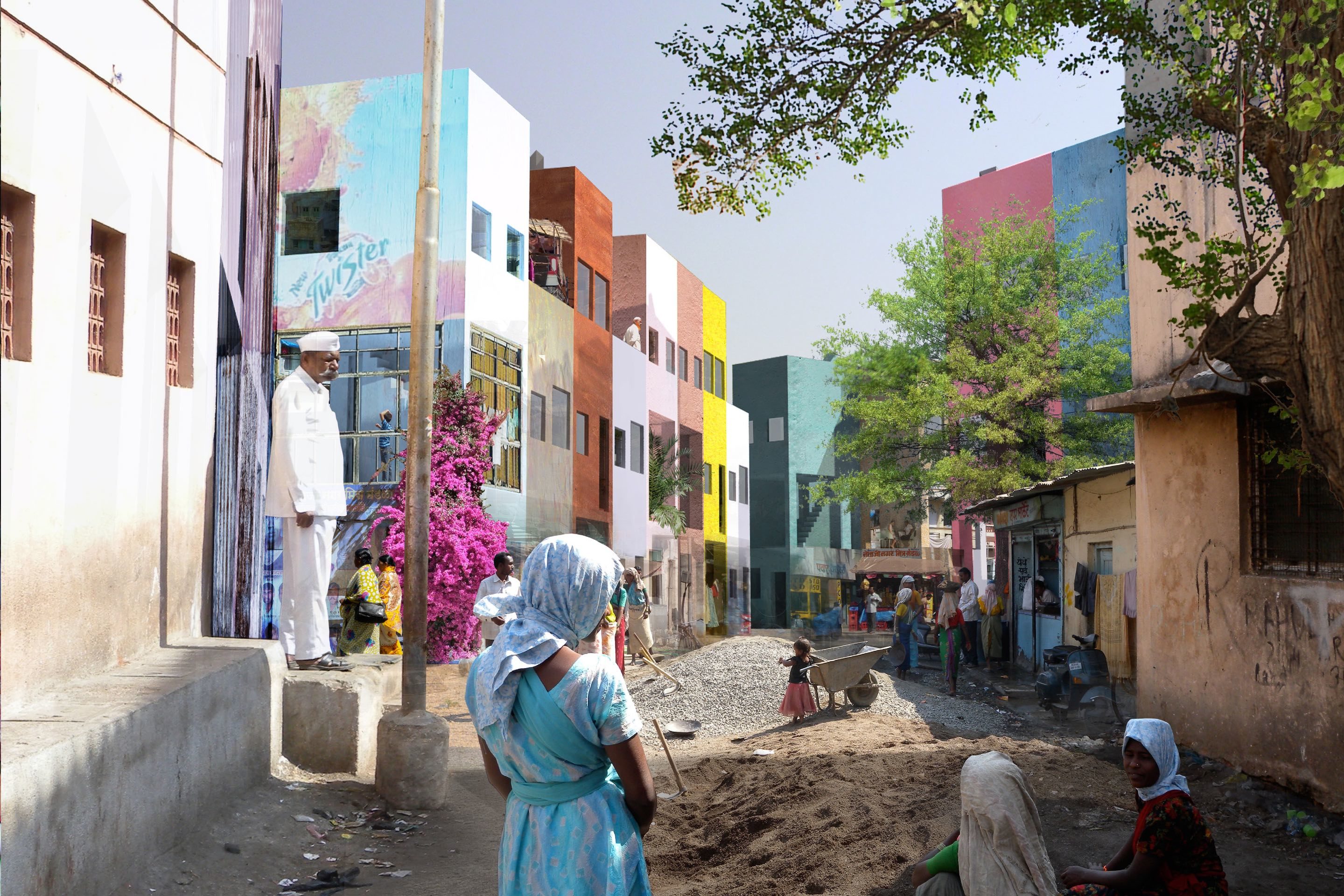
We developed three basic prototypes homes, all with a 270sq ft area but with different configurations. Local people were able to choose the configuration that best suited their needs and the community was also asked to engage with the construction process and encouraged to customise each house.
This real urban fabric – organic and home-made – can be far more interesting than over designed neighbourhoods and it is also often more community based. Narrow streets, close neighbours and plenty of communal spaces mean that Yerawada inhabitants are much less likely to experience loneliness and isolation than their wealthier counterparts in countries like Sweden.
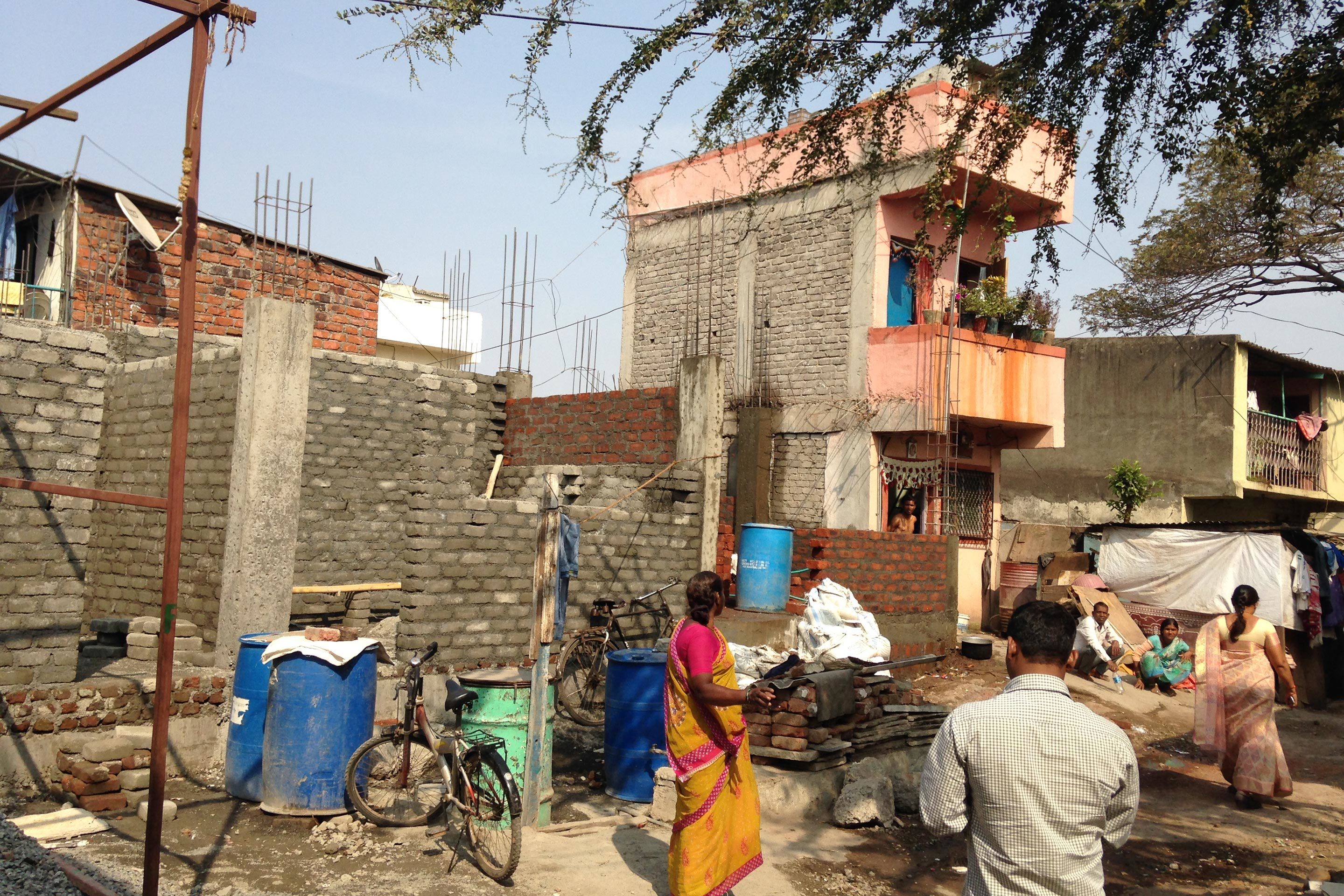
1000 houses were built in the pilot project, 5000 houses were built in total. Although our urban strategy was followed, most of the houses were built by the local people themselves. Like Savita Sonawane says – “it’s slum dweller design”.
